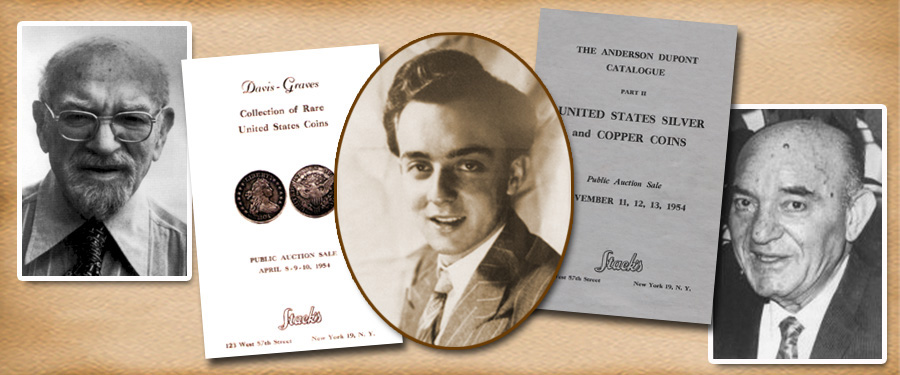
In 1965, the coin market became very hectic, as
people became more aware that the change in their pockets
could be more valuable than the face value printed on it. So daily, without a break,
we had offers to buy silver, at a
"hyped up price." This was fed by notices from the Treasury that one could
not melt these coins, and that there
might be redemption beyond face value. The Treasury implied that, after studying
the ongoing confusion, they might
consider approving in the future, the melting of the silver coins for their content.
Several prominent people created a new marketplace for
coins. Dr. Jerekke, who owned Iron Mountain Depository, started buying up silver
coins for the future. There were groups who pooled their wealth and speculated with
their precious metal friends to drive up the demand for silver. The price of
silver began to rise, but it wasn’t until a new regulation was passed that they were able to sell at a profit some of the silver
they had accumulated. The silver buyers
were led by the famous Hunt Brothers
of Texas, who spent their fortune
buying up silver. The huge uproar meant coin dealers around the country were
overwhelmed with questions about silver that interrupting their daily work.
While many made money buying and selling silver and even speculating, this was
all a real distraction from the usual numismatic business that still had to be
done.
Also causing a distraction to our regular business were
Silver Certificates, notes that were issued with silver backing them, that
became another speculative item. As silver was removed from the nation’s coins,
the U.S. had to redeem these notes. Many
billions were still in circulation, but in order to control demand, the Assay Office would not redeem these notes unless $10,000 face value was delivered to them.
This created another secondary market. A buyer would pay a small premium initially
for each note, and bundle them together until the face value reached $10,000. The
one who submitted the notes for redemption made the greater profit and this redemption
was more lucrative than trading silver on the precious metal market.
So, with the silver market going crazy and with the general public all hyped up about making
money from our Treasury, you can imagine the activity that was created.
In addition, during 1965, the Office of Gold and Silver Operations (OGSO) was short of help and
were very slow in issuing import licenses for gold coins, sometimes causing a wait of months to see if the OGSO would issue a license. For Stack’s
this caused problems, not only when we wanted to bring coins into the U.S. for
auction, but also when we were looking for items to enhance our clients’
collections. This was true of when we were looking for things to add to Josiah K.
Lilly’s collection. When we found something, we were never sure if the OGSO would allow it into the country.
Due to
these difficulties, our lawyers in Washington
filed papers, suing the OGSO and
the Treasury Department for actions without explanation. We had to file papers with our complaint and wait
for an answer. The OGSO had 60 days to respond, and then our attorney had to respond. To the surprise of our attorneys,
the Department did not have a judge or a hearing officer to hear our case and we had to wait until one was found. One was found
in the Commerce Department; we filed
our complaint with him and then had
to wait for him to set a date, which was finally done for the early part of 1966.





